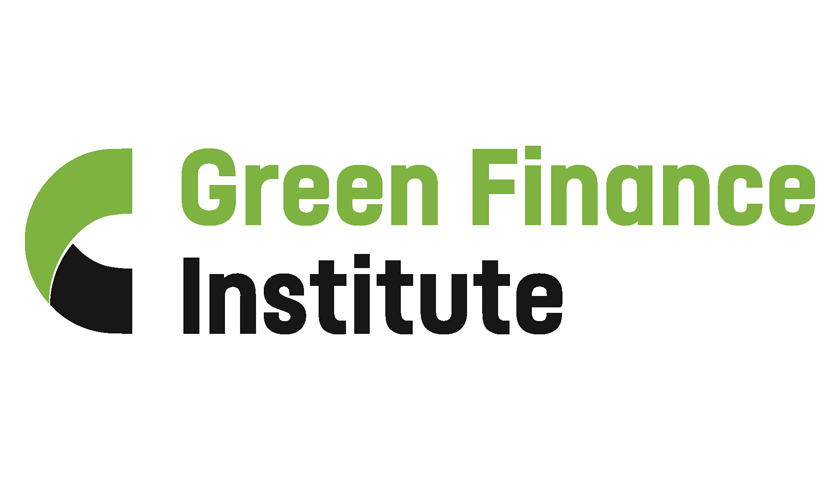The Green Finance Institute (GFI), is launching its new publication: the Green Finance Quarterly, to share expert insights and solutions focused on mobilising capital to deliver a real economy net zero transition. COP28’s focus on climate finance has brought attention to the urgent need to ensure that capital committed by financial institutions and governments is financing positive change in the real economy. The Green Finance Quarterly provides a snapshot of the GFI’s work testing, delivering and scaling practical solutions to drive this real economy transition.
The first edition shares highlights from the GFI-hosted launch of the Taskforce on Nature related Financial Disclosures’ recommendations in the UK and sets out the wider work GFI is doing within its Nature Programmes to ensure nature is centralised in business models, operations and supply chains.
We also share news of GFI’s official expansion to Denmark and Spain, supported by funding from the Laudes Foundation. In Europe the GFI will have an initial focus on the built environment, with the potential to expand to sectors such as transport and nature, building on the success of the UK model.
Keeping the international focus, the Green Finance Quarterly assesses the opportunities for cross border learning on best practice approaches to net zero-aligned capital deployment – and highlights the work GFI is doing to bring dialogue on real economy decarbonisation and greening the financial sector together to support JET-P implementation in Indonesia.
Closer to home, we share insights for GFI’s latest sector-focused analysis on decarbonising the HGV sector. With its disproportionately large contribution to UK transport emissions (19%), we set out the barriers hindering the adoption of zero emission trucks and set out the potential financial and policy solutions to unlock the potential £100m investment opportunity within this sector.
We also share news of a brand-new step-by-step guide for local, municipal level decision-makers to use to unlock local capital for local solutions. In the UK alone, over 320 local councils have declared a climate emergency and are seeking to deliver local decarbonisation plans. The toolkit we have published is a practical guide to issuing Local Climate Bonds to support that investment – and which at scale have the potential to raise as much as £3bn in the UK.
Finally, we are delighted to introduce a series of opinion pieces on what we believe are some of the most topical green finance issues facing the financial services industry today. They have been sparked by deep dive discussions GFI hosted at its inaugural Finance Day at London Climate Action Week (LCAW) 2023, delivered in partnership with private and philanthropic sector partners, including J.P. Morgan and Lloyds Corporate and Institutional Bank. Finance Day was an opportunity to bring together leading experts from financial services, business, NGOs, academia, government and regulators for a series of ‘think ins’ on what next for each of the issues tackled – and these opinion pieces are informed by each of these sessions:
- What next for risk-sharing gets beneath the headlines to look at what now needs to happen both on the public and private finance sides to turn blended finance solutions from niche to mainstream products.
- What next for adaptation finance argues adaption needs to be rebranded climate security and offers solutions to scale the amount of capital going into engineered and nature-based solutions to improve resilience to the climate change that is already here and is set to increase.
- What next for carbon dioxide removals tackles the ‘net’ in ‘net zero’ and sets out a series of solutions to current barriers to scaling investment across range of carbon removal technology options that could accelerate commercialisation of a portfolio of options.
- What next for transition finance argues for a tightening of definitions, governance and reporting in relation to transition finance if we are to avoid this becoming the next frontier of greenwashing. It goes on to emphasise, however, developing green finance products for climate solutions must be the priority focus for financial institutions looking to meet their net zero obligations.
- What next for financial regulation reinforces these points – noting that while regulation may not always be perfect, it is key to driving the strategic and operational changes required to respond to climate and wider environmental risks. On that basis, financial institutions should seek to constructively engage with regulators in making sure regimes are fit for purpose and enable the transition to accelerate.
The good news from COP28 is that the global conversation is now converging not only on the need, but on the means to achieve the deployment of primary capital towards net zero economic activities, and picks up on many of the themes above. The GFI is and will remain on the front line of addressing the ‘how’ by deploying our expert focus on closing the execution gap that exists between the high level commitments of governments and finance providers, as we touch on in the Green Finance Quarterly.
Rhian-Mari Thomas, Chief Executive Officer at the Green Finance Institute, said: “As 2023 draws to a close, the Green Finance Institute is proud to publish the first edition of the Green Finance Quarterly, containing insights, solutions and blueprints on how we can ensure that capital flows to the initiatives that make the biggest difference in the real economy.
The launch of our new Quarterly publication will shine a light on how finance can be used to facilitate this transition in the UK and beyond. In the year ahead, we will continue to work with the market to bridge the gap between committed capital and impactful solutions.”
